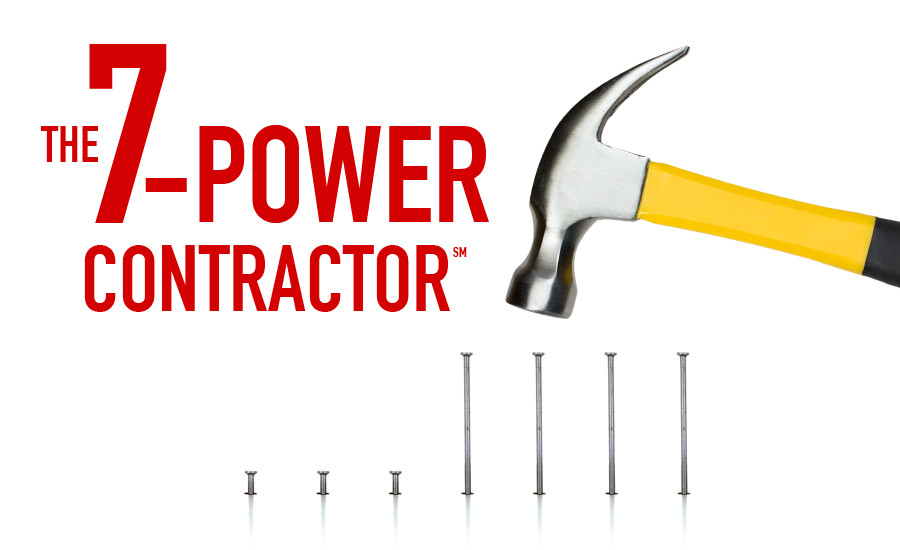Let your employees know your company policies and procedures

I grew up in my family’s plumbing, heating, and cooling company and among my earliest memories are my Dad getting calls in the middle of the night from people with heating emergencies—a homeowner whose furnace had quit or a bakery where they needed the steam from the boilers for their baking. When this happened, rather than leave me at the house, he’d take me with him.
I remember it being fun to go on those calls. The bakers liked me and would feed me bagels, cookies, and cake while my dad toiled to get their boilers up and running. Not so much fun for my Dad, though, who had worked hard all day and was now working late into the night!
I followed my Dad and brothers into the business and eventually rose through the ranks to the point where I started to get the middle of the night wakeup calls. And I quickly learned it was not nearly as much fun to wake up and run those calls as it was to be that kid tagging along.
The problem was not so much that I was getting the middle of the night wakeup calls it was that I was getting them on a too regular basis. Even though our company had grown to 25 techs and a real set of shifts existed from 7:00 a.m. – 4:00 p.m., 8:00 a.m. – 5:00 p.m., 10:00 a.m. – 7 p.m., 2:00 p.m. to 11:00 p.m. and even 5:00 p.m. – 2:00 a.m. during the busy season.
This wasn’t on-call like you probably know it; we actually had tech teams who were out working their shifts and running scheduled calls at those hours.
What this amounted to though was my trying to sleep but not really sleeping because one part of me was busy waiting for the phone to ring. And it usually did.
I totally hated my team for this. That is until I realized who was the real culprit. It was me!
Document any and all company policies and procedures
I had not documented any of our policies and procedures for my techs nor had I trained them on those things. I hadn’t created the hands-on training required either, so it was like there was a giant imaginary sign in my office that said, “MIDDLE OF THE NIGHT EMERGENCY: CALL AL!”.
Time and aging can be a good thing because together they remove the illusion that you can make up for all your failings with youth and energy.
I’m here to tell you that you can’t do what you did at age 20 or 30 by the time your reach 40 years of age. And when you reach your 40s, 50s or even 60s that myth should have long disappeared.
Your only hope is to do what I finally did which is to swallow hard and get down to doing what you need to do to fix it, which is creating operations manuals that define the way you do your work.
It’s a bear of a task. I’m not going to lie. Luckily, I was smart enough to realize that early on. So, I enlisted a lot of help. Paid help. And I paid gladly because I was born to be a tech, then ultimately a businessman, but not the writer I’ve become all these years later.
So, what do you get if you do this hard thing?
Well, for one, you get your time (read: life) back.
“Before we made the manuals, techs were constantly calling their field supervisor to ask, ‘Is this right?’ says client Mark Paup, President, Golden Rule Plumbing, Heating and Cooling, Grimes, Iowa. “Now the tech has a written description of exactly how to do 80% of his job with him at all times. The manuals make the tech more confident so the field supervisors have time to do their own jobs.”
What I got was the ability to sleep through the night. And when I was awakened on the rare occasions, my techs were in much better shape for me to help them over the phone or if need be at the jobsite.
Operating manuals will change your life. More than any new truck. More than any new piece of equipment. Your business cannot improve until your operating manuals are in place. Find a way to make it so and reap the rewards you deserve for all of your hard work and years invested. And get some sleep!

